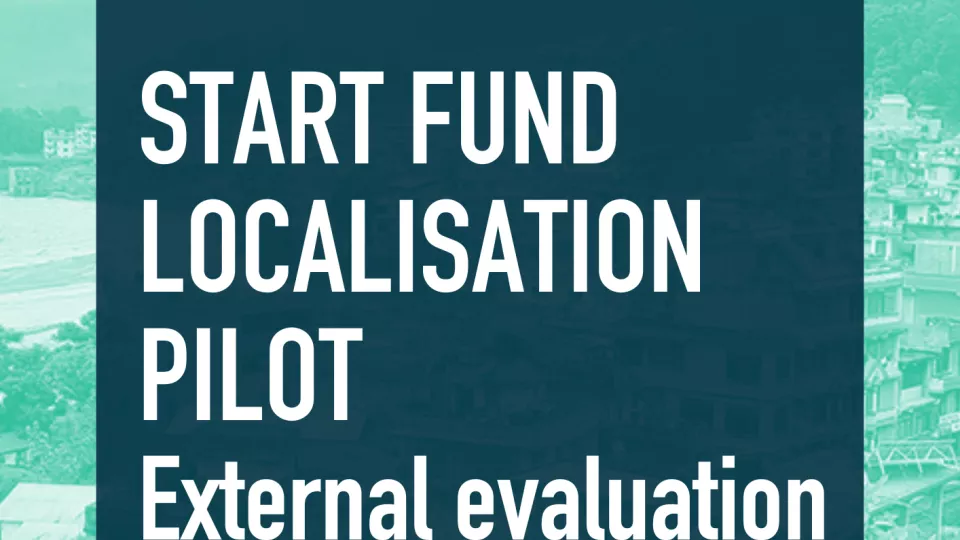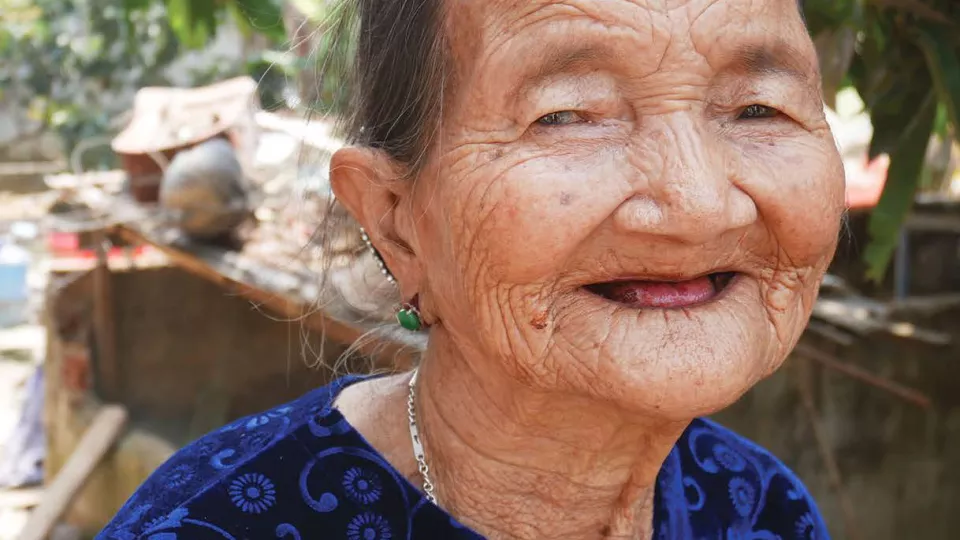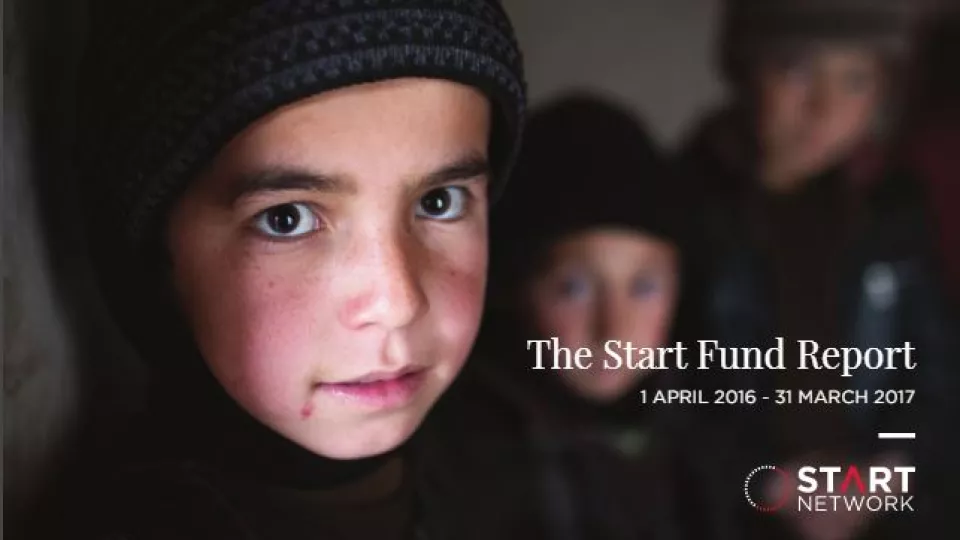
START FUND LOCALISATION PILOT: External evaluation
This is an independent, external evaluation of the Start Fund’s ‘localisation pilot’ conducted in late 2022. The purpose of the evaluation is to assess the extent to which the global Start Fund is ready in terms of current and planned processes, practices and capacity, to develop into a more locally-led humanitarian model while maintaining its mandate to respond rapidly to the gaps and unmet needs of people in, or at-risk of crisis.


